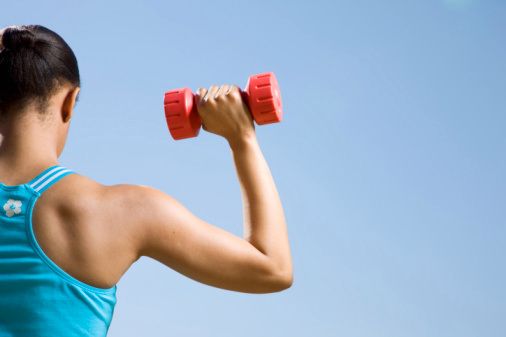How Do Bodyweight Exercises Make You Stronger?
Bodyweight exercises are a fantastic way to build strength, improve endurance, and enhance overall fitness. Unlike traditional weightlifting, which relies on external weights or machines, bodyweight exercises use your own body as resistance. Let’s explore how these exercises contribute to your strength gains and why they should be a staple in your fitness routine.

1. Leveraging Your Body Weight
When you perform bodyweight exercises, you’re essentially lifting and moving your own body. This self-imposed resistance engages multiple muscle groups simultaneously. Here’s how it works:
- Muscle Activation: Bodyweight exercises activate both large and small muscle groups. For example, push-ups engage your chest, triceps, shoulders, and core. Squats work your quadriceps, hamstrings, glutes, and lower back.
- Functional Strength: These exercises mimic real-life movements. Think of how you lift groceries, climb stairs, or get up from a chair. By practicing bodyweight movements, you improve functional strength that directly translates to daily activities.
2. Progressive Overload
To get stronger, you need to progressively challenge your muscles. Bodyweight exercises allow for gradual progression:
- Variations: Start with basic variations (e.g., regular push-ups) and gradually advance to more challenging versions (e.g., diamond push-ups or one-arm push-ups).
- Increased Reps or Sets: As you get stronger, increase the number of repetitions or sets. For instance, aim for more pull-ups or longer plank holds.
3. Improved Stability and Balance
Bodyweight exercises require stability and balance. When you perform a single-leg squat or a plank, your core muscles engage to maintain equilibrium. This stability training enhances overall strength:
- Core Strength: A strong core stabilizes your spine, improves posture, and prevents injuries.
- Joint Health: Bodyweight exercises promote joint health by strengthening the muscles around them. This reduces the risk of joint-related issues.
4. Minimal Equipment, Maximum Results
One of the biggest advantages of bodyweight exercises is their accessibility. You can do them anywhere—no gym or equipment needed. Whether you’re at home, in a park, or traveling, bodyweight workouts are convenient and effective.
Conclusion
Incorporate bodyweight exercises into your fitness routine to build functional strength, improve stability, and achieve overall fitness. Remember, consistency is key. Start with the basics, progress gradually, and enjoy the benefits of a stronger, healthier you!

.jpg)